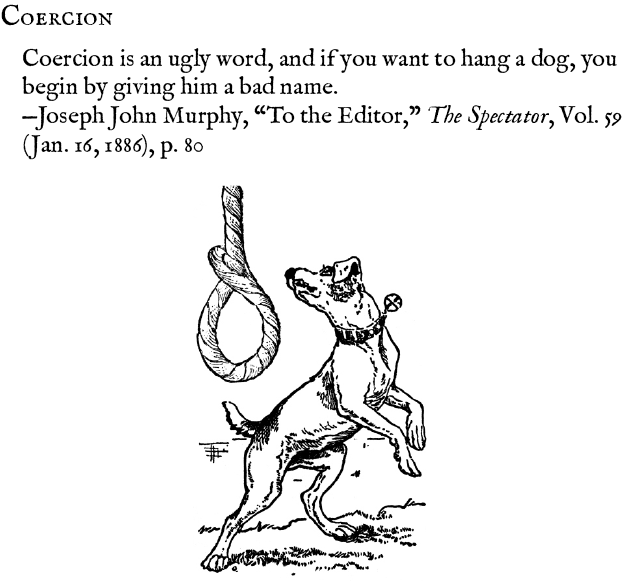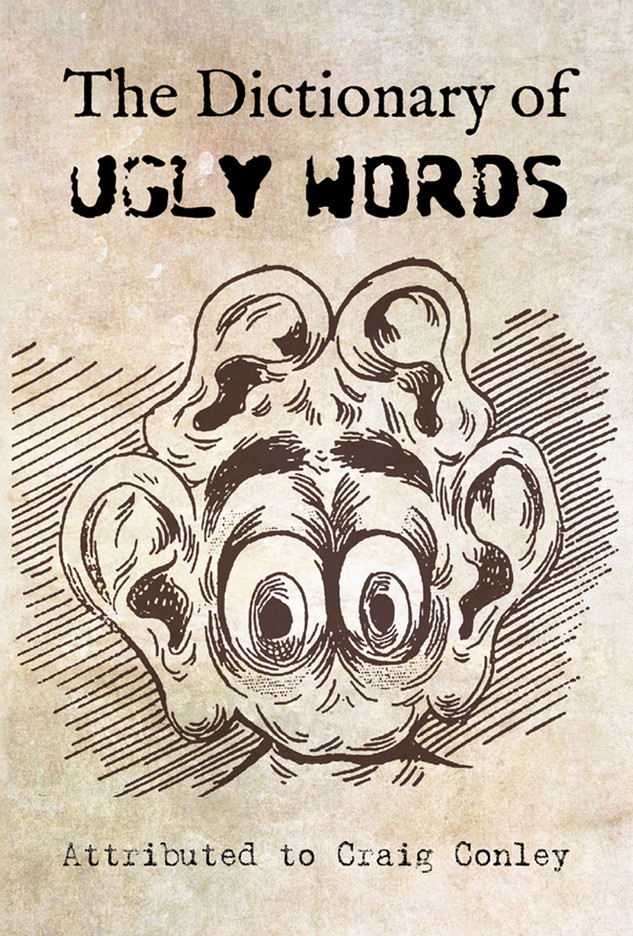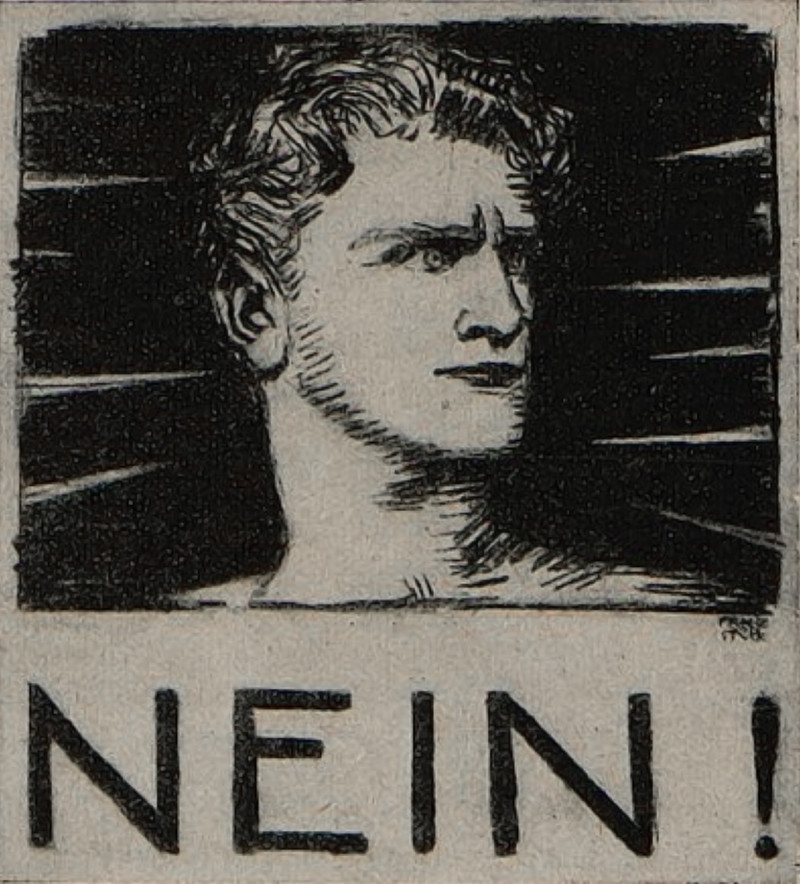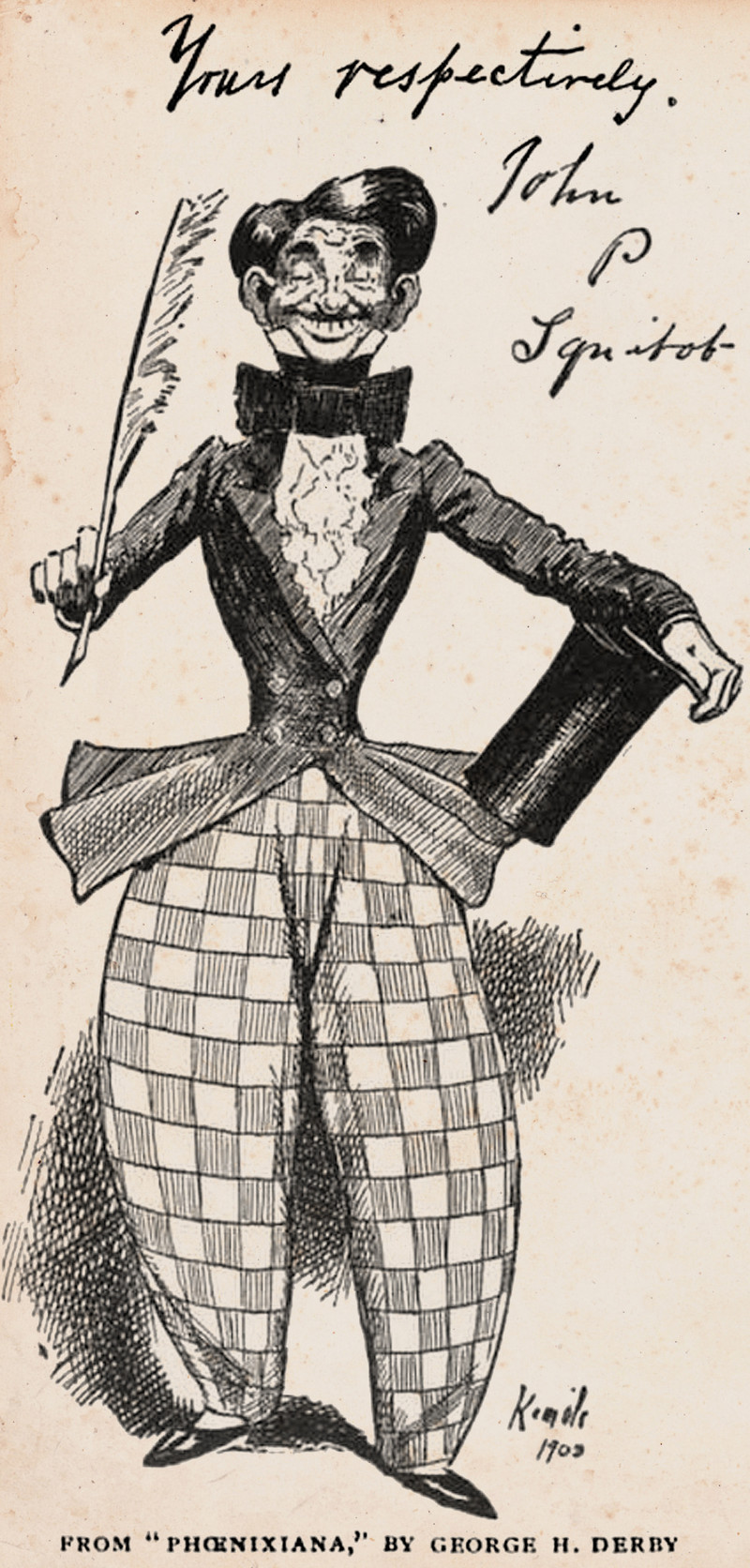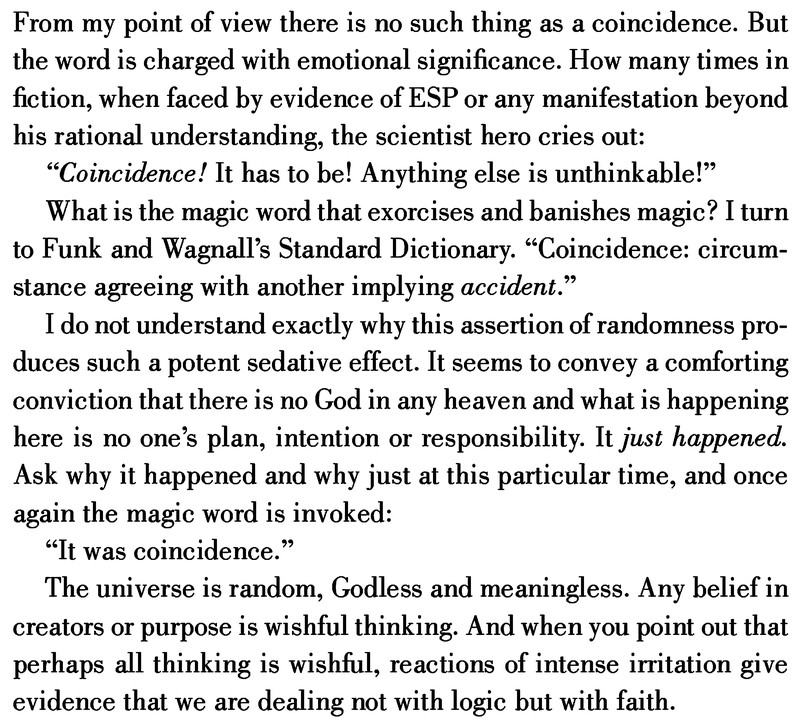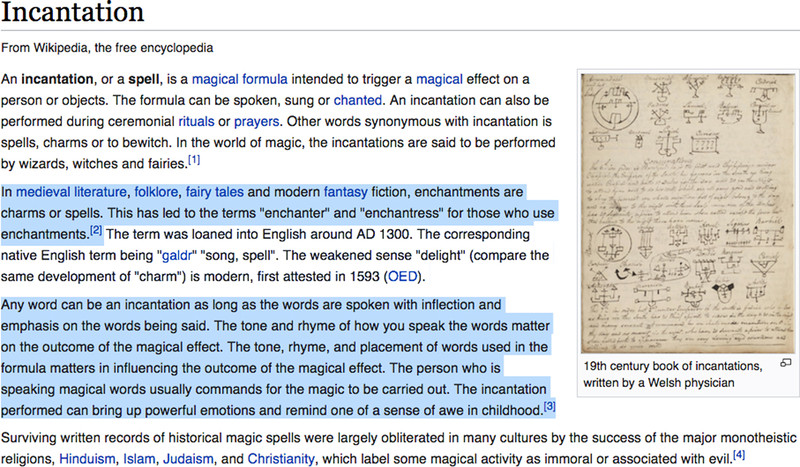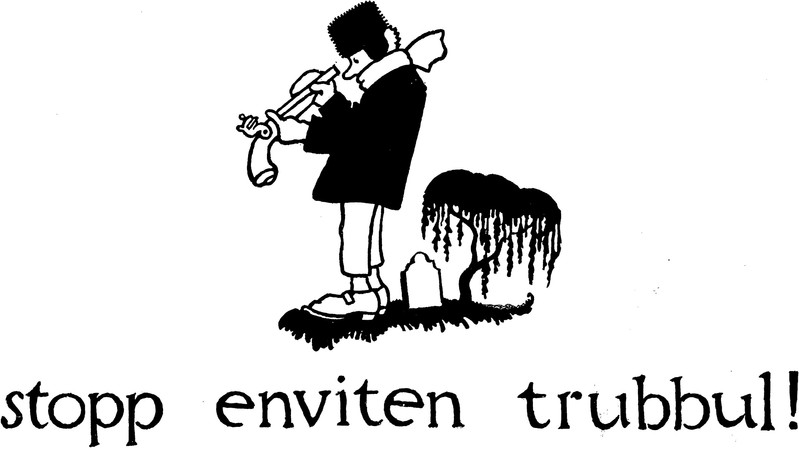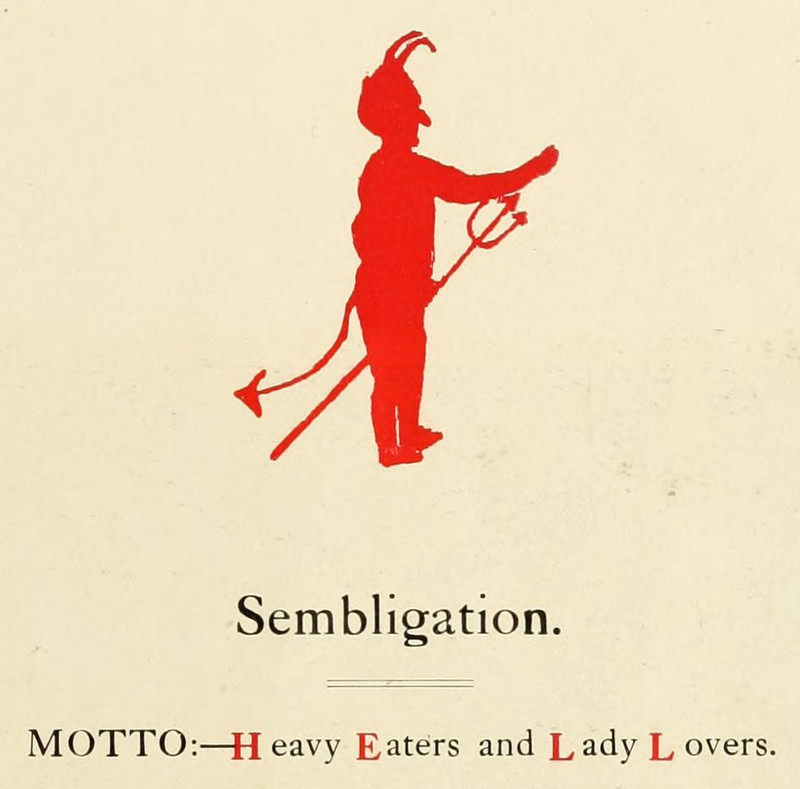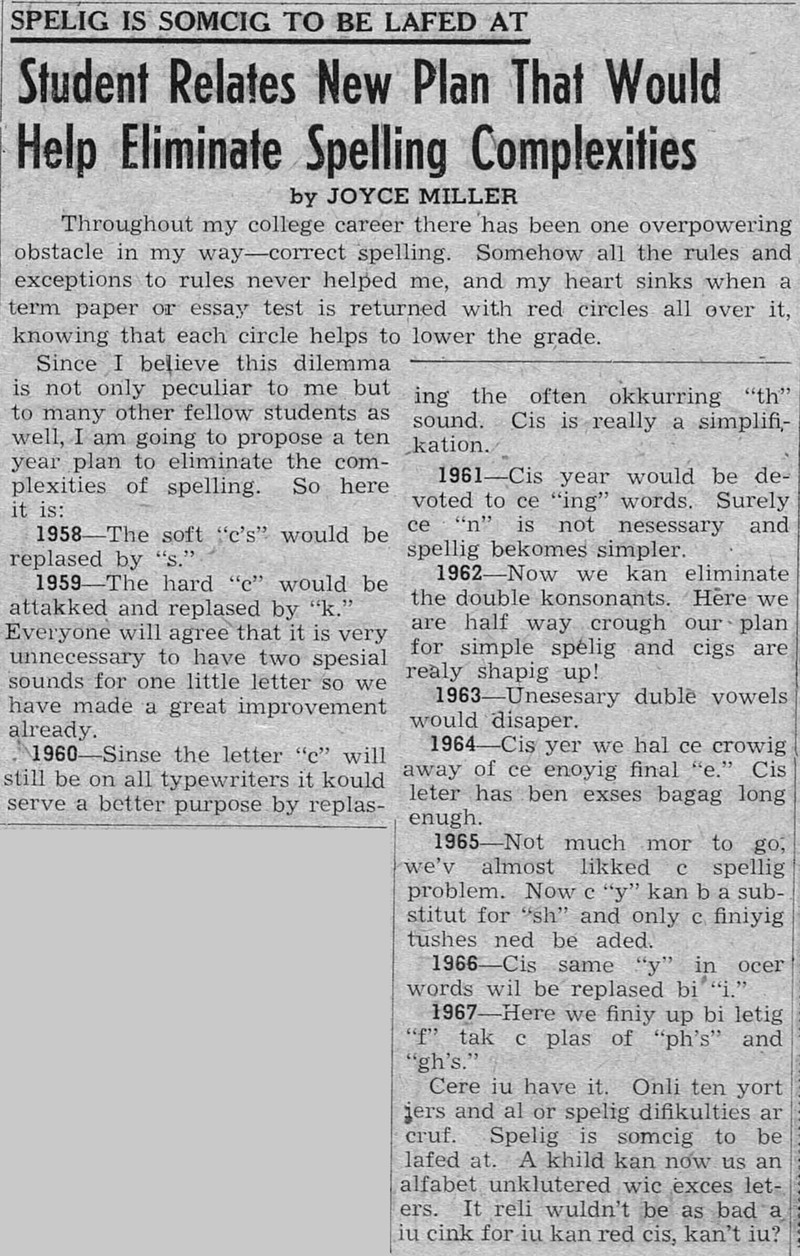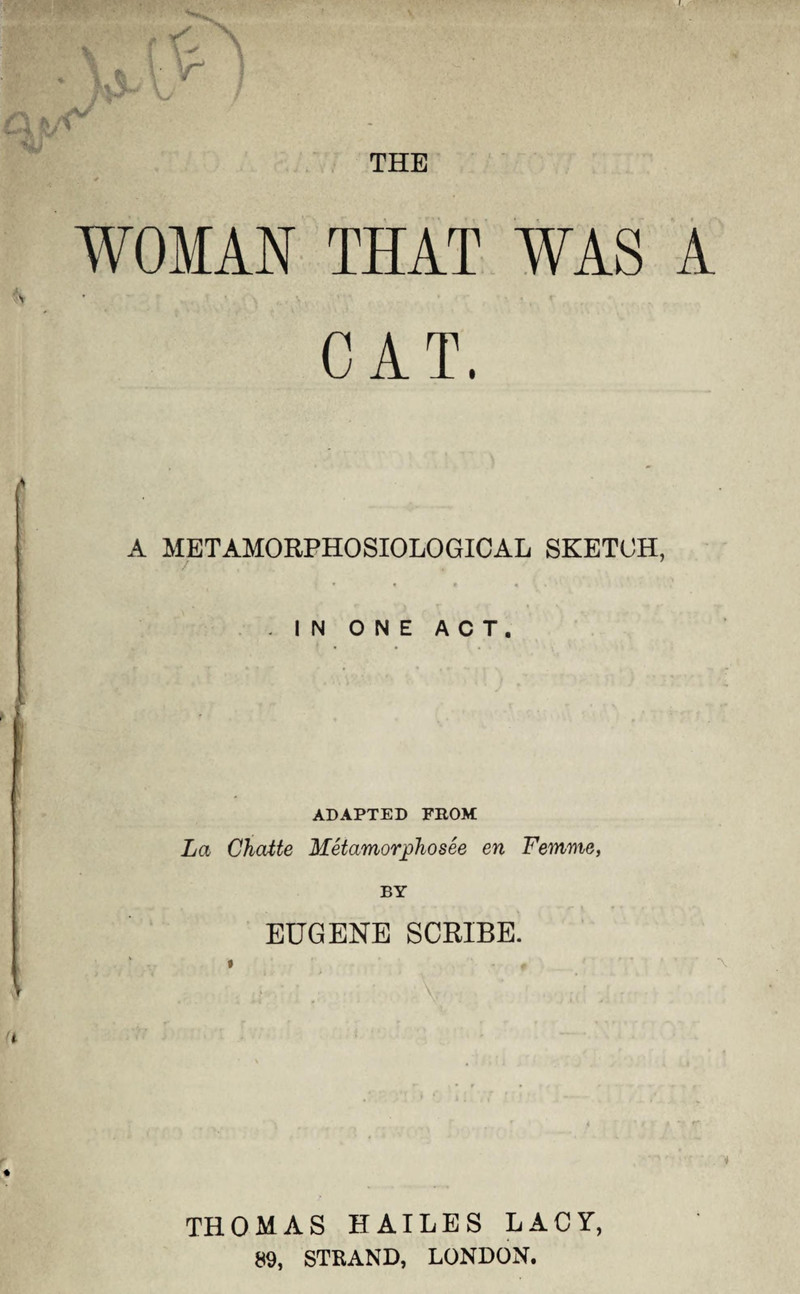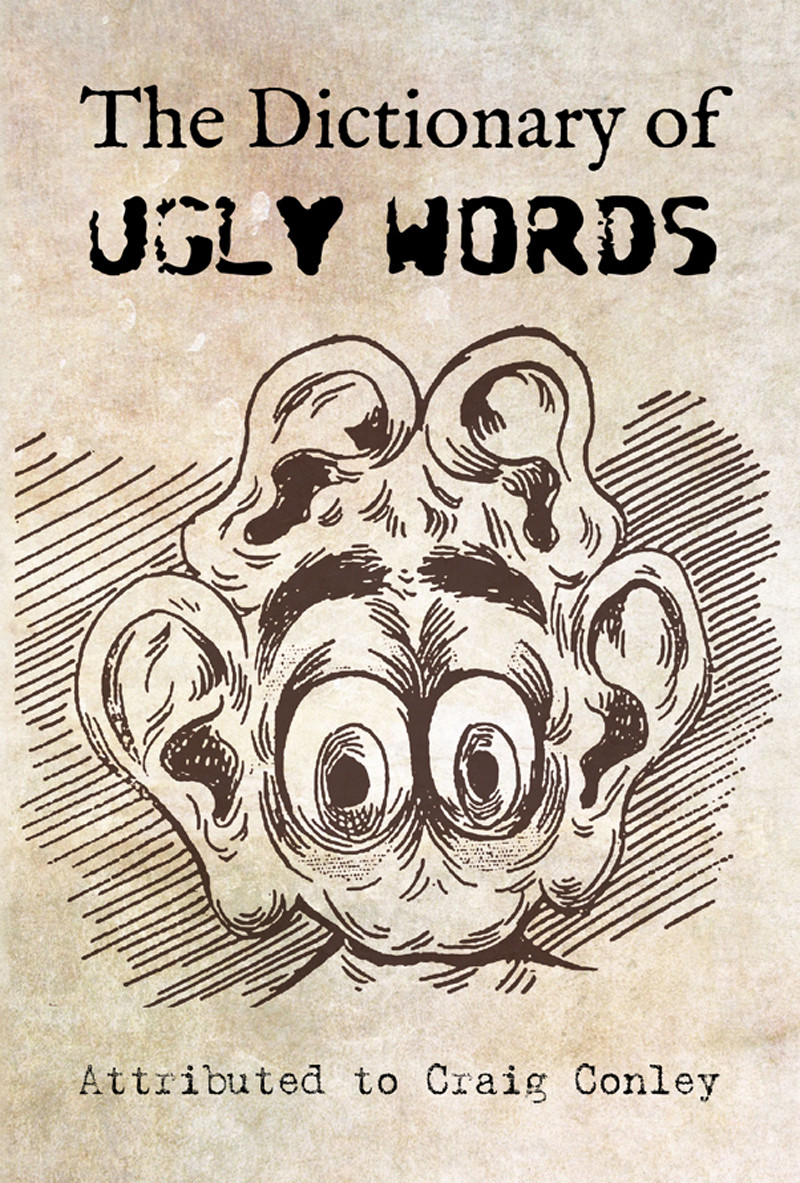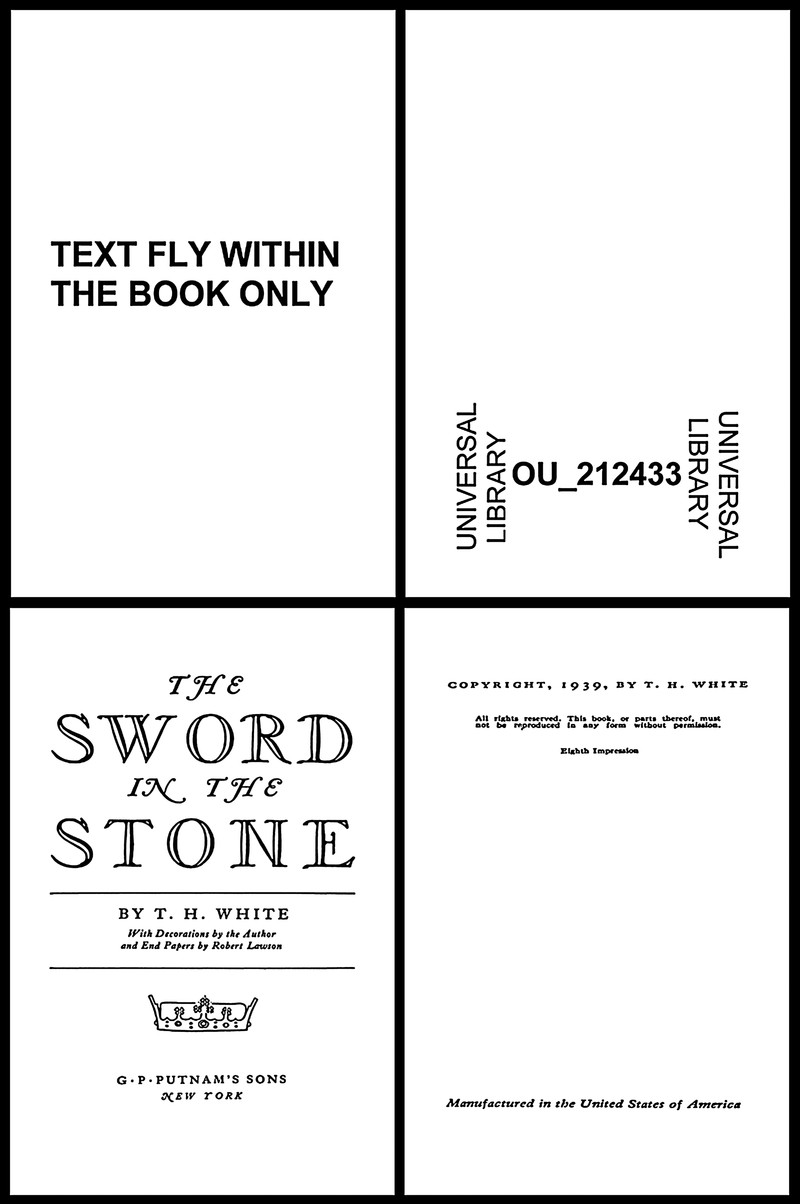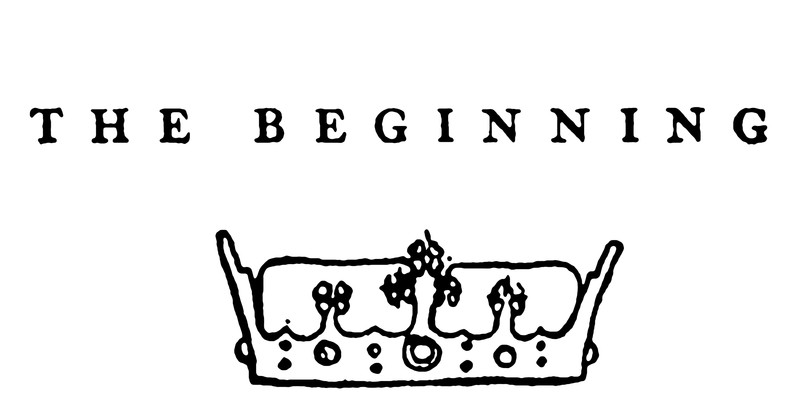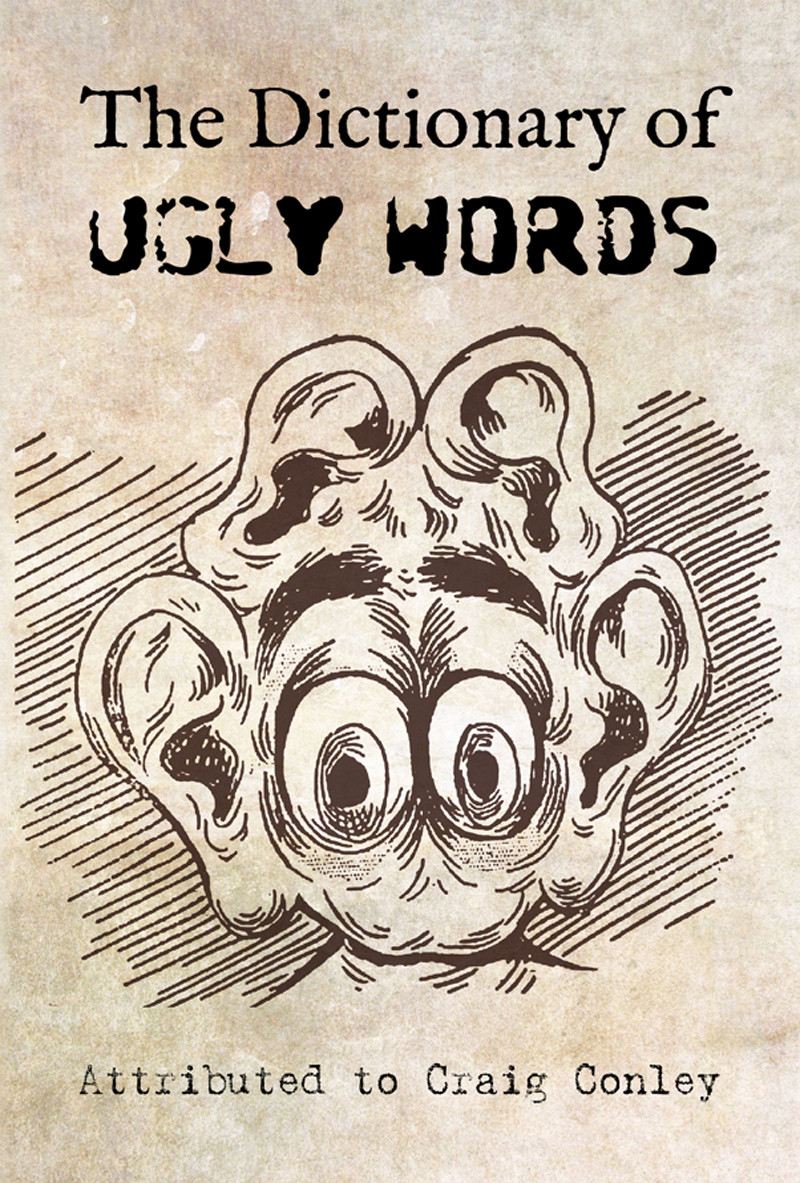







 |
Here's a 10-year spelling simpliciation plan that never happened, and the article itself applies each new rule as it is described. From The Etownian, 1958.
|

 |
|
|
 |
 |
 |
We're delighted that Lacey Echols called our One-Letter Words: A Dictionary "fool-proof," a "saving grace," "extremely educational, entertaining, and useful." Here's a snippet from the article "My Visit to Grant's Tome" ( Word Ways), in which our dictionary is put to the test: I wanted to find all one-letter, two-letter, three-letter, etc. words in any given word. There was one problem. Even though I have a fairly large vocabulary, I do not know many words which are one-letter words. Ask me to identify three- and four-letter words, and I am at ease. One letter? The only common single letter words are 'a' and 'I'! However, I was fortunate to hear about a book which could be my saving grace, One-Letter Words: A Dictionary, by Craig Conley. I felt my confidence begin to soar because with the help of this dictionary I should easily be able to count all one-letter words in any given word, or could I? Being a bit of a skeptic, I tested my skill with the word 'ait.' 'I' and 'a' are legitimate, but what about 't'? Sure enough, Mr. Conley provides 58 instances in which 't' is used as a word. As an example, 'it suits you to a T' uses 't' as a word. Hallelujah! But 'ait' is a fairly simple word. What about 'Mozambique'? I feel a time-consuming project ahead. Actually, the dictionary is fool-proof. There are thirty-five examples using the word 'z' and even twenty-seven examples of the word 'q'. ... I found [Conley's dictionary and Jeff Grant's Concise Dictionary of 2 Letter Words] to be extremely educational, entertaining, and useful for a novice word counter. Maybe if I never let anyone use these books, I will be able to win all games which include identifying actual words in any given word.
|



 |
|
|
 |
 |
 |
Not only is this a precursor to How to Be Your Own Cat, but check out that word "metamorphosiological"! This is the only instance of that word in print that we've found.
|



 |
|
|
 |
 |
 |
Here's some maledicta punctuated by firecrackers, from Purdue's 1916 yearbook.

How to translate fireworks as rhyming slang in maledicta [and if any seem old-fashioned, they are!]:
bam = damn
bang = bang [fornicate]; dang
blam = damn
blast = blast[-it] [British]
boom = bum [British for buttocks]
burst = cursed
crack = cack [British for excrement]; whack[-off]
fizz = shit
flash = ass; dash[-it all] [British]
hiss = piss[-off]; shit
pop = pop[-off]
snap = crap
sputter = mutter[-fucker]
whistle = rissole [Australian slang for rectum]
whizz = wiz [urinate]
whoosh = gadzooks
zip = flip[ping] [British]
bomb = "f-bomb"
missle = miserable
mortar = mortar-fucker
flare - swear
rocket = fuck it
shell = hell
|





Page 35 of 74

> Older Entries...

Original Content Copyright © 2026 by Craig Conley. All rights reserved.
|



